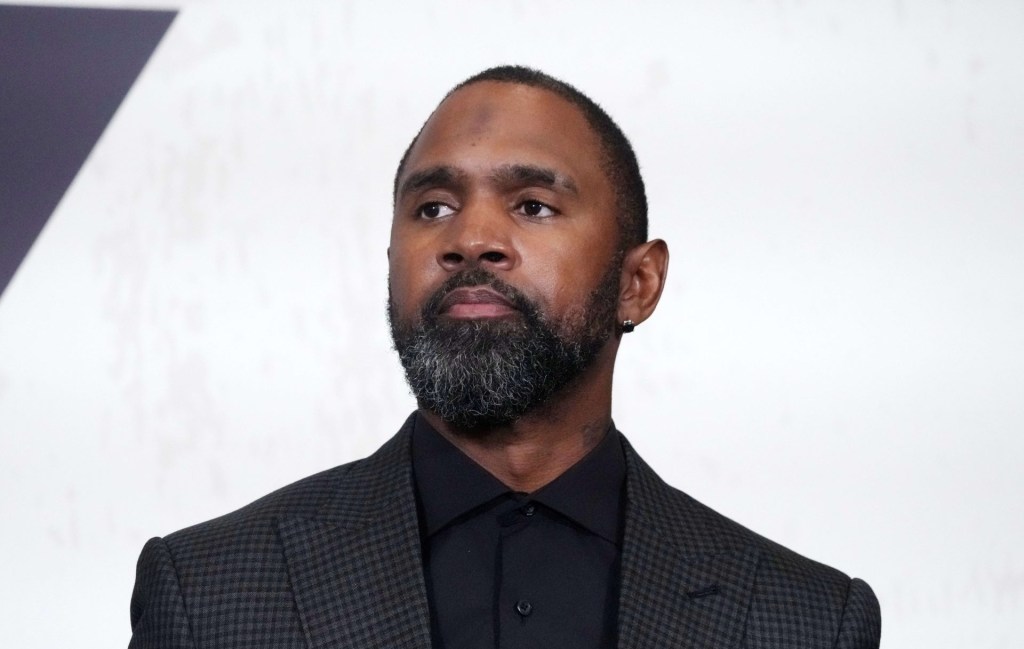The Trump Administration is pushing to slash federal funding for concussion research.
The administration’s 2026 fiscal budget request to Congress, released Friday, proposes cutting $8.25 million reserved for brain injury research and public education on concussions.
The proposal is part of nearly $3.6 billion in cuts to the Centers for Disease Control and Prevention.
“For many people with concussions or certainly moderate or severe brain injuries, there’s no endpoint,” Dr. Owen Perlman, a brain injury specialist and board member of the Brain Injury Association of America, told ESPN. “It’s a lifetime problem, and there needs to be lifetime funding for it.”
Just days after the proposed cuts, Trump announced that Washington will host the 2027 NFL Draft, flanked by league commissioner Roger Goodell.
After years of fighting players and insurance companies about costs incurred by concussions, the league in recent years has changed rules to reduce head injuries, among other reforms.
But while the NFL is the poster child, concussions are all over sports. Major League Baseball has modified helmets to protect players; there is a growing body of research into head injuries in soccer. On Monday, Maple Leafs goaltender Anthony Stolarz left an NHL playoff game on a stretcher due to a concussion.
On April 1, the CDC put the five staffers devoted to running the agency’s traumatic brain injury research on paid administrative leave.
The cuts are merely the Trump Administration’s proposal and still need to be negotiated with Congress.
While Trump can propose a federal budget, it falls on Congress to approve it. The TBI program could still see its funding return or be transferred to a different agency.
“A pause in federal funding would disrupt many brain injury programs throughout the country and would directly impact brain injury survivors and the healthcare professionals providing treatment and support,” Rick Willis, president and CEO of BIAA, said in January. “Survivors of brain injury face so many obstacles in their day-to-day life and many require ongoing support and services. Suddenly stopping programs that many of them rely on is inexcusable, especially with no warning.”
The proposal includes the National Institutes of Health retaining a sector focused on brain research, but its current institute centers around strokes and migraines, which makes it unclear whether TBI programs would become a part of it.
Part of the White House’s proposed cuts is Heads Up, a concussion-prevention program that educates youth and high school coaches and officials. The same CDC staffers who were put on administrative leave were in charge of the program, which has participation from 45 states and more than 10 million participants, according to its website.
TBI research was first approved by Congress in 1996. The legislation to extend it expired at the end of 2024, and a bill to continue it has yet to advance out of the House.

















